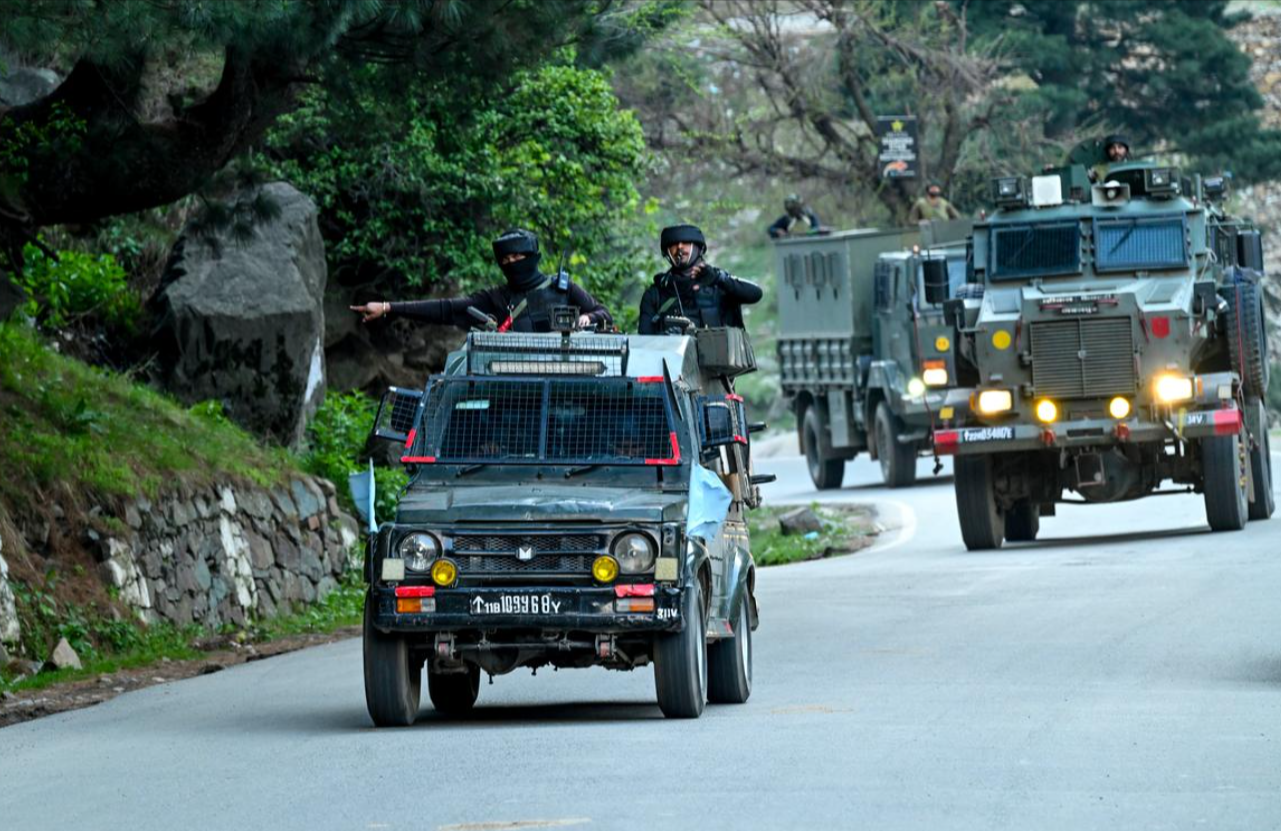
The terrorist assault at Pahalgam demonstrated a vulnerability among Kashmir's tourism sector despite India's post-370 constitutional measure. During the strike two major diplomatic events occurred when PM Modi visited Saudi Arabia while US Vice President JD Vance arrived in India which the attackers used to send their political message across. Terrorist organizations remain threatening to civilians as they amplify their tactics through strikes that specifically target non-military personnel during prominent diplomatic affairs.
Context:
Over 26 civilians including tourists fell victim to a terror attack on the group of tourists in Pahalgam, Anantnag (Jammu and Kashmir) that marked the deadliest such incident since 2019.
Key Points:
What Happened:
-
The Baisaran meadow served as the scene where terrorists ambushed about 40 tourists while utilizing automatic rifles and small arms.
-
Attackers killed the victims after confirming their names along with religion-based identification.
-
Members of the Indian Army employed helicopters to transport wounded tourists between the attack site and military hospital facilities.
Historical Parallels:
-
Attacks resembling this one occurred during significant visits like the 2000 Chittisinghpora massacre where 36 Sikhs died when Clinton stopped over and the 2002 Kaluchak attack that killed 23 civilians when a U.S. diplomat visited.
-
Responsibility Front (TRF) took responsibility through its connection to Lashkar-e-Taiba.
-
The group declared its opposition to "demographic changes" which it called for by using domicile certificates.
-
The attack took place at a critical time while PM Modi met in Saudi Arabia and US Vice President JD Vance made his visit to India suggesting terrorists wanted to deliver a geopolitical message.
Impact:
-
Security conditions deteriorated following the nullification of Article 370 thus contradicting peace promises.
-
Devastating for Pahalgam’s economy amid peak tourist season.
-
The incident may harm India's reputation on the international stage by giving credibility to Pakistan-supported propaganda.
-
The intentional physical assault of religious communities threatens to create social division as terrorists actively try to fuel animosity between different groups.
Way Ahead:
-
Swift intelligence-based operations should unite commands from the CRPF with forces from the Army and J&K Police for eradicating offenders.
-
The government should use strategic communication to create unity between public groups and maintain public assurance against terrorist objectives.
-
The tourism sector needs reassurance through financial compensation and guaranteed security while tourism stakeholders must be included to prevent economic decline in the Valley.
-
The deployment of UAVs should include facial recognition and terrain mapping within the surveillance of sensitive non-motorable high-altitude regions.
-
The country should utilize UN and G20 and bilateral diplomacy platforms to showcase the border terrorism threat while pursuing international backing.
Conclusion:
The Pahalgam attack exposes Kashmir's turbulent history and confirms that terrorism in the area continues transforming into new dangerous forms. For addressing this crisis it is necessary to combine firm security measures with diplomatic action alongside community peace efforts. The nation requires national unity to fight off terrorist organizations while sustaining its territorial sovereignty.



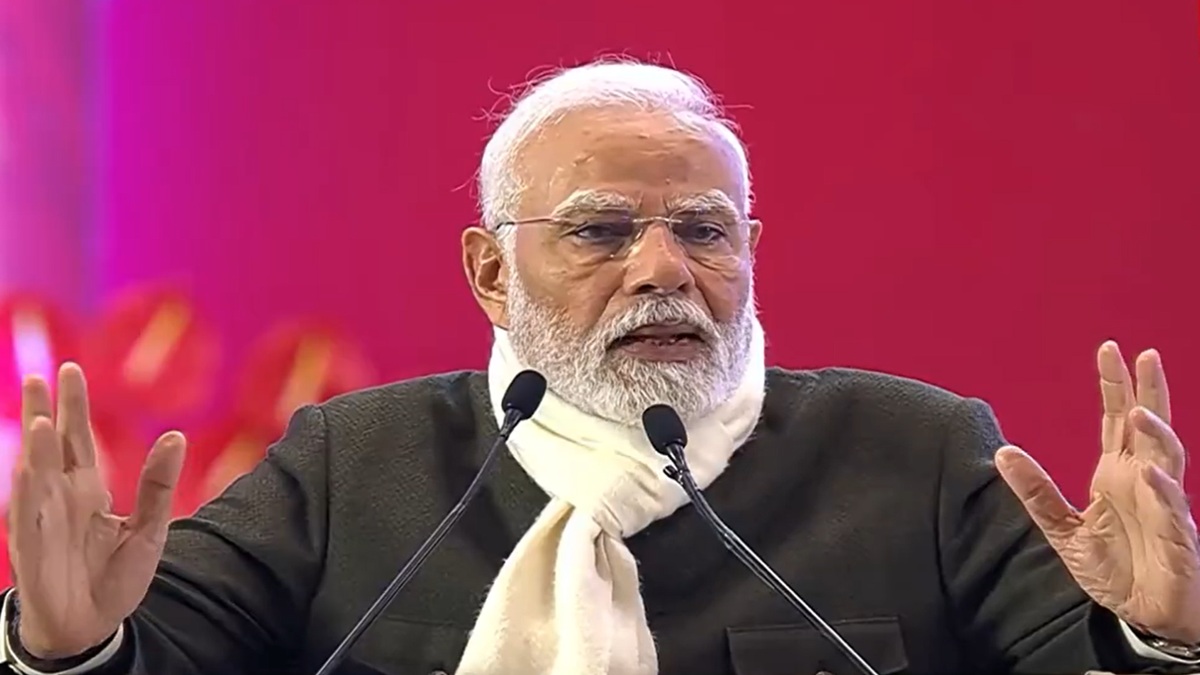 PM Modi Addresses India Steel 2025: Paving the Way for a Steel-Strong India
PM Modi Addresses India Steel 2025: Paving the Way for a Steel-Strong India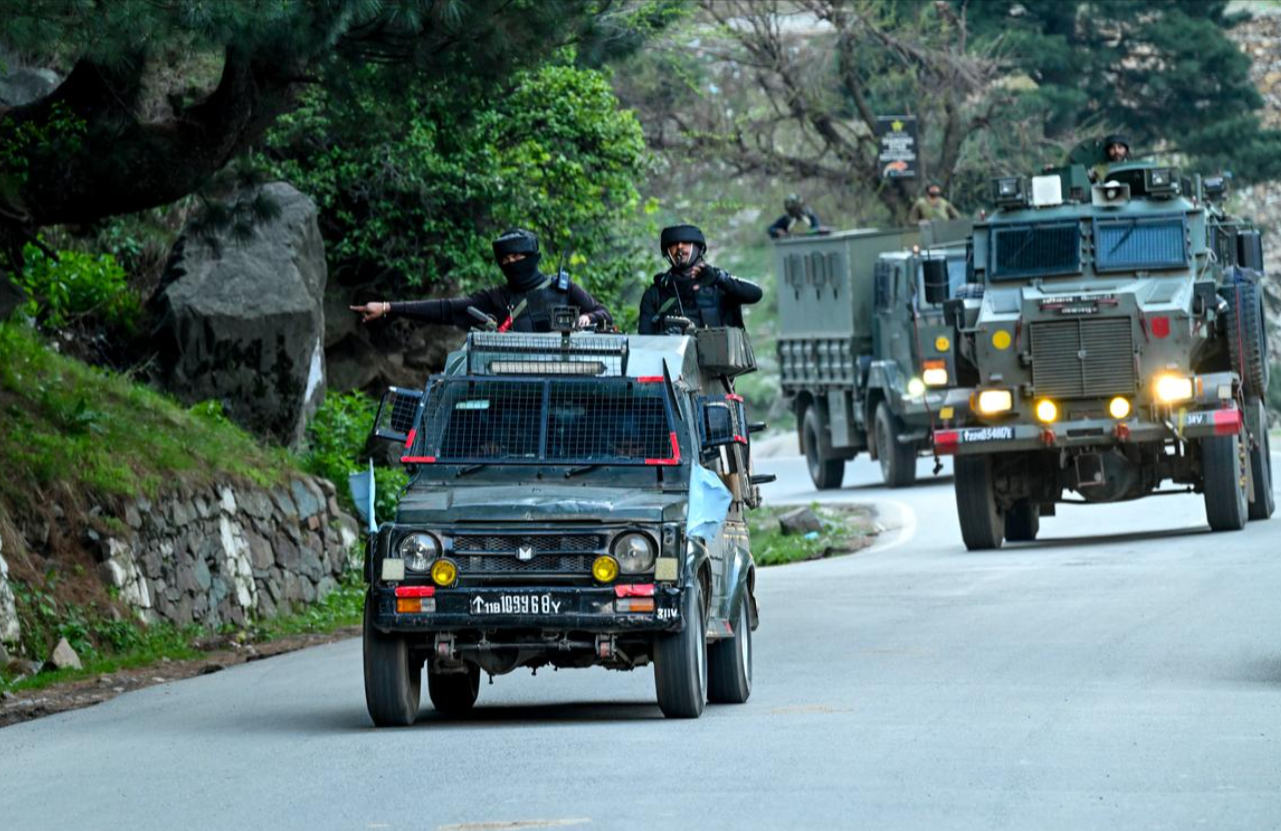 Pahalgam Terror Attack 2025: About Pahalgam and India’s 5-Point Action Plan Against Pakistan
Pahalgam Terror Attack 2025: About Pahalgam and India’s 5-Point Action Plan Against Pakistan Extension of Mission Anveshan: Boosting India’s Energy Security
Extension of Mission Anveshan: Boosting India’s Energy Security India’s Aviation Revolution: From Regional Runways to Global Routes
India’s Aviation Revolution: From Regional Runways to Global Routes Introduction of Hindi as a Third Language in Maharashtra – NEP 2020 Alignment
Introduction of Hindi as a Third Language in Maharashtra – NEP 2020 Alignment India Imposes 12% Tariff on Steel Imports to protect domestic industry
India Imposes 12% Tariff on Steel Imports to protect domestic industry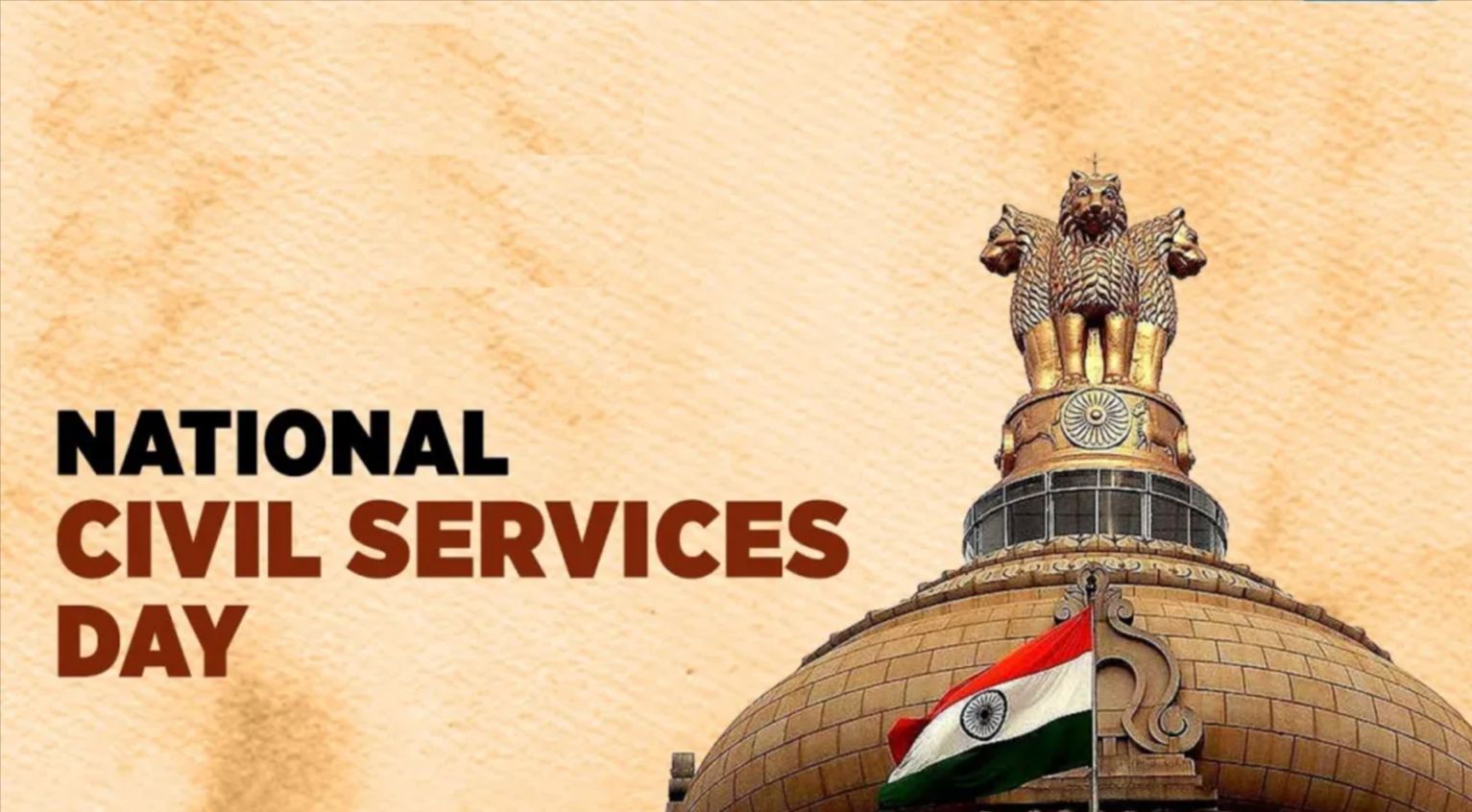 National Civil Services Day 2025: Honoring India’s Steel Frame of Governance
National Civil Services Day 2025: Honoring India’s Steel Frame of Governance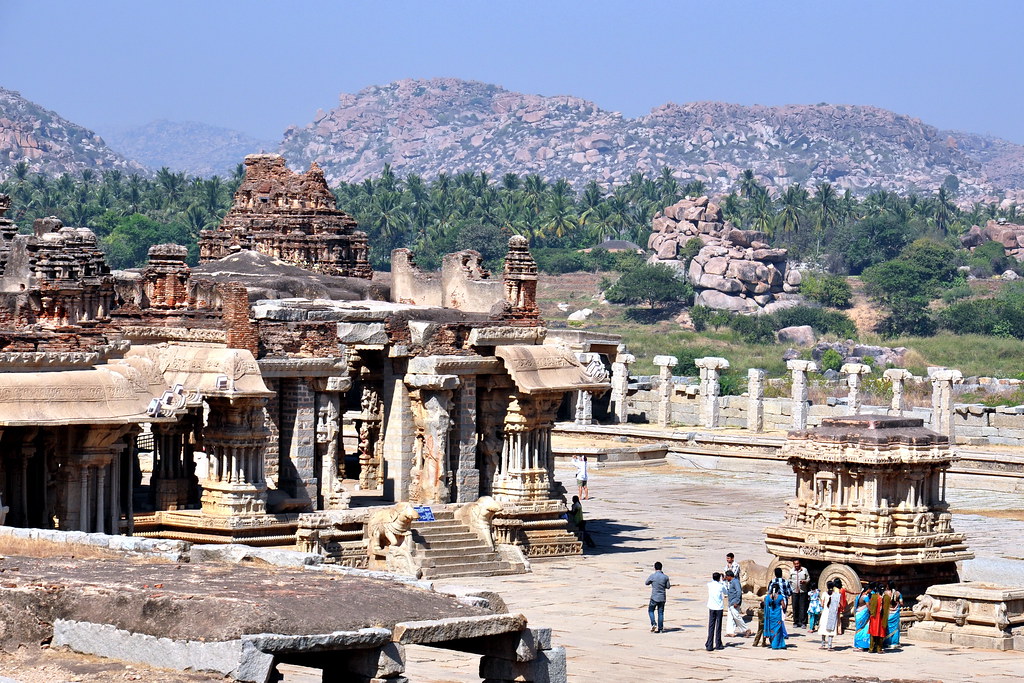 Karnataka Leads India’s First Village-Level Antiquities Survey to Preserve Cultural Heritage
Karnataka Leads India’s First Village-Level Antiquities Survey to Preserve Cultural Heritage India Marks Export Milestone with First Sea Shipment of Bhagwa Pomegranates to the U.S.
India Marks Export Milestone with First Sea Shipment of Bhagwa Pomegranates to the U.S.






